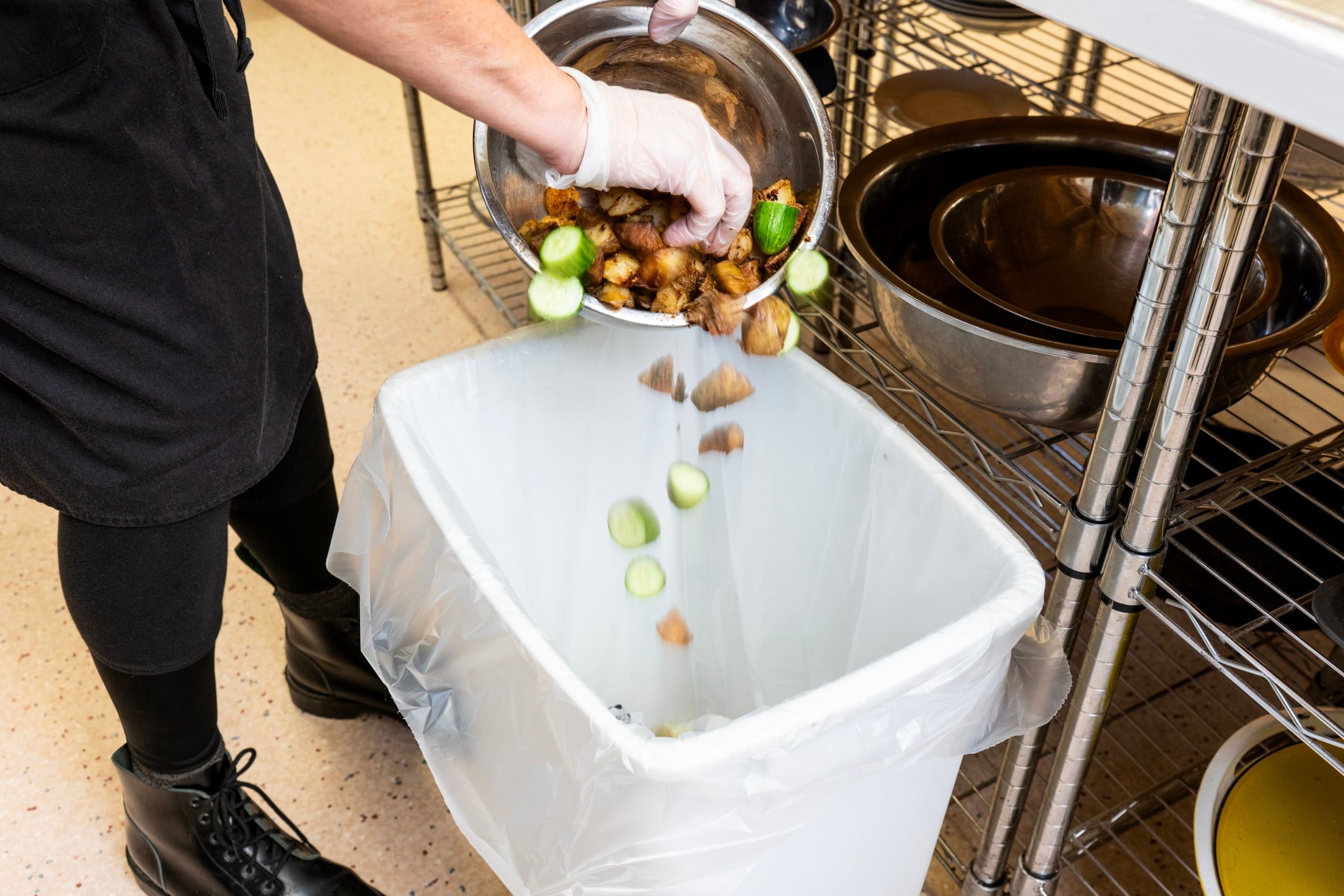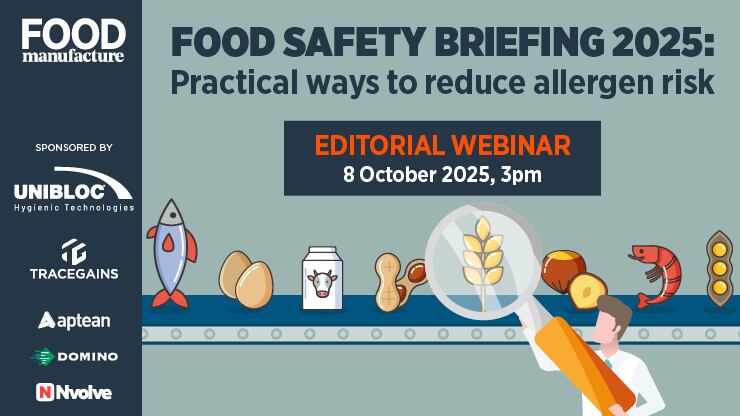This BSI food safety overhaul marks an aim to modernise and harmonise Prerequisite Programmes (PRPs) under ISO 22000 – the international benchmark for food safety management systems.
What is PRP?
‘Prerequisites’ are basic hygiene measures that need to be put in place to control hazards. They are conditions that are added prior and during the implementation of a HACCP system and are essential to food safety. They can include things such as approved suppliers and raw material specifications, good manufacturing practices, and pest control.
The announcement comes as government data shows there were an average of 2,133 food safety incidents across England, Wales and Northern Ireland recorded annually between 2019/20 and 2023/24.
Moreover, recent figures have shown rising cases of Campylobacter and Salmonella infections in England.
According to BSI, the update represents the most comprehensive revision of the ISO 22002 series to date, now comprising:
- Five upgraded standards for sectors including food manufacturing, catering, food packaging, transport and storage, and feed and animal food production
- A new standard for retail and wholesale (ISO 22002-7)
- The introduction of ISO 22002-100, a new Management System Standard, offering foundational, cross-sector PRP requirements for food, feed, and packaging organisations
ISO 22002 Part 100 is a Type A management systems standard that is fully certifiable, providing a comprehensive and auditable set of requirements for organisations. It offers a complete framework for third-party certification, enabling organisations to undergo independent audits and demonstrate verified compliance.
Together, these standards establish a modular, scalable framework that promotes consistency, enhances audit preparedness, and allows for tailored application across sectors.
BSI says implementation will now be more straightforward, with clearer criteria that simplifies both internal audits and external assessments.
Commenting, Angela Cunningham, BSI’s principle expert to ISO/TC 34/SC 17/WG 11 Prerequisite programmes on food safety, said: “The focus on standardisation of the core PRPs ensures that all business sectors are laying their foundations of their food safety management system from the same set of requirements.
“This will benefit the food safety and quality landscape immensely, particularly if the business needs two or more sector specifics to be part of their PRPs. When strong, PRPs will underpin the business and lay the path for a secure food or service operation.”





